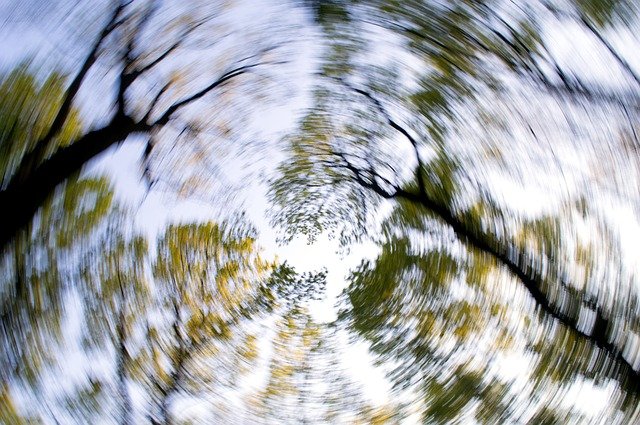
In a recent study, researchers found feeling faint, dizzy or lightheaded when standing up may mean a higher risk of dementia.
This is because the health condition is strongly linked to a sudden drop in blood pressure called orthostatic hypotension.
Many mid-life adults with a sudden drop in blood pressure may have a greater risk of developing dementia or stroke decades later, according to the study.
The research was conducted by researchers from Johns Hopkins University.
Previous studies have shown that orthostatic hypotension is linked to heart disease, fainting, and falls.
In the current study, the team aimed to see if this low blood pressure was linked to brain problems, specifically dementia.
They defined low blood pressure upon standing as a drop of at least 20 millimeters of mercury (mmHg) in systolic blood pressure.
The team analyzed data from 11,709 people with an average age of 54 who were followed for an average of 25 years via study visits and by reviewing medical records.
None of them had heart disease or stroke at the beginning of the study. In the beginning test, all of the participants were tested for orthostatic hypotension.
The researchers found that 552 participants, or 4.7%, had orthostatic hypotension at the start of the study.
After 25 years, a total of 1,068 people developed dementia and 842 people had an ischemic stroke.
Moreover, people who had orthostatic hypotension at the beginning of the study had a 54% higher risk of developing dementia than people without that condition.
These people have also had twice the risk of ischemic stroke, in which the blood flow is blocked to part of the brain.
The researchers suggest that measuring orthostatic hypotension in middle-age may be a new way to find people who have a high risk of dementia or risk.
Future work needs to find an effective way to treat conditions and possible prevention strategies.
The lead author of the study is Andreea Rawlings, from Johns Hopkins Bloomberg School of Public Health.
The study is published in Neurology, the medical journal of the American Academy of Neurology.
Copyright © 2019 Knowridge Science Report. All rights reserved.



